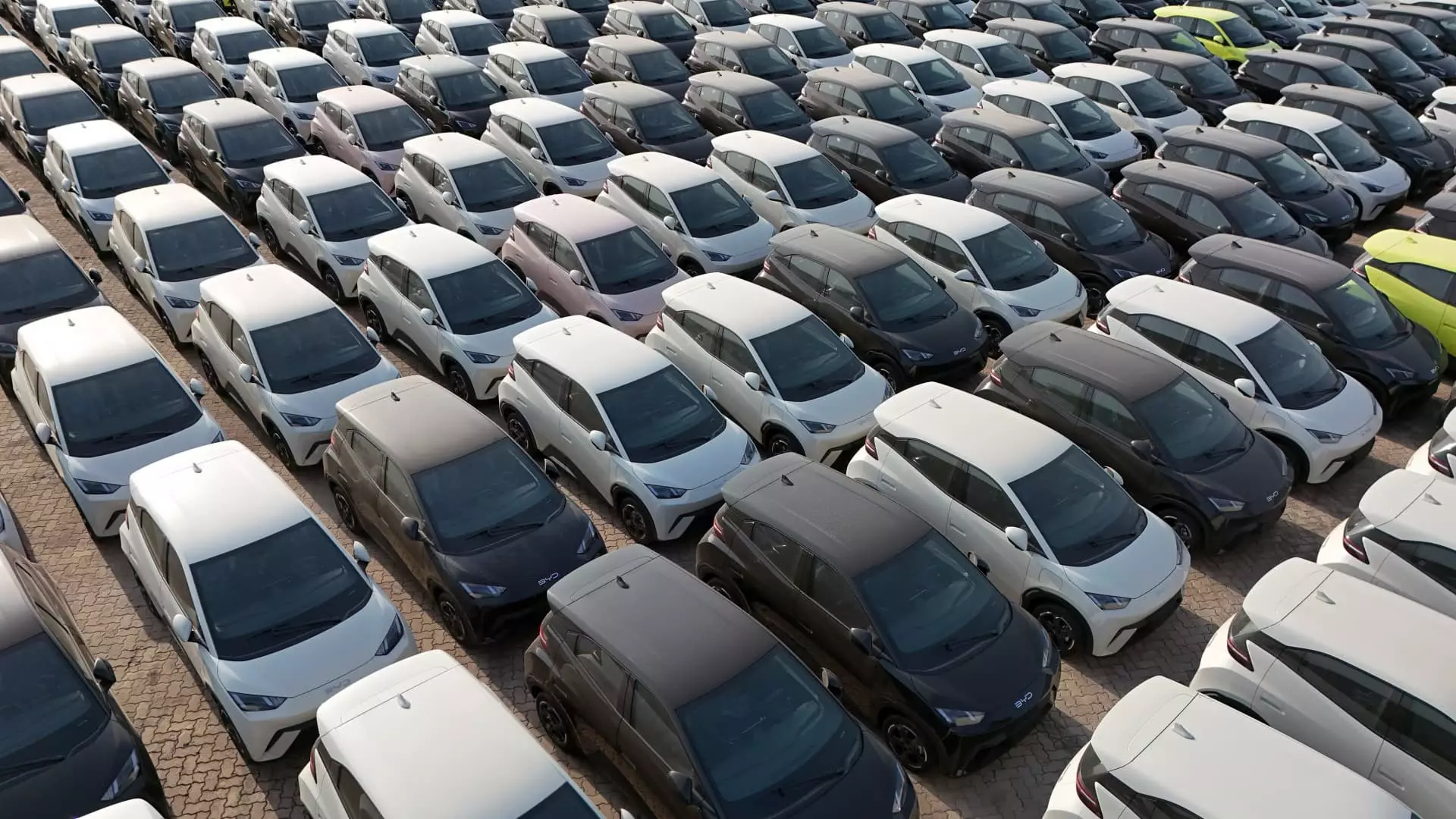In response to the European Union’s decision to lower import duties on electric vehicle manufacturers, including Tesla, the Chinese government has expressed deep disappointment. The Ministry of Commerce spokesperson criticized the EU’s probe into China’s subsidies for the electric vehicle industry, stating that the conclusions were “pre-set” and promoted unfair competition. This has led Beijing to announce that it will take all necessary measures to defend the legitimate rights of Chinese companies.
On Tuesday, the European Commission announced lower import duties on electric vehicle imports from China, setting tariffs on Tesla at 9% instead of a previously expected 20.8%. The Commission also reduced tariffs on Chinese electric car makers such as BYD, SAIC, and Geely. These tariffs were implemented in response to concerns that China’s generous subsidies for the electric vehicle industry were distorting competition in Europe.
The Chinese Commerce Ministry highlighted that they provided extensive legal documents and evidence to defend their position, but the EU’s ruling did not fully take into account China’s opinions. The Ministry expressed strong opposition and concern over the EU’s decision, emphasizing that it hopes to resolve any trade disputes with the EU to avoid further escalation of tensions.
The Chinese government believes that the EU’s tariffs will disrupt the stability of the global automotive industry supply chain, including in Europe. This could potentially lead to a chain reaction of trade frictions and negatively impact the economies of both China and the EU. The need for a collaborative resolution to avoid trade disputes and foster a harmonious trading relationship is crucial for the future of the electric vehicle industry.
The ongoing trade tensions between China and the EU over electric vehicle imports highlight the complex nature of international trade relations. Both parties need to engage in constructive dialogue and find mutually beneficial solutions to ensure the fair and sustainable development of the electric vehicle industry. It is essential for governments to consider the long-term implications of their trade policies and work towards creating an environment conducive to growth and innovation in the global automotive market.


Leave a Reply